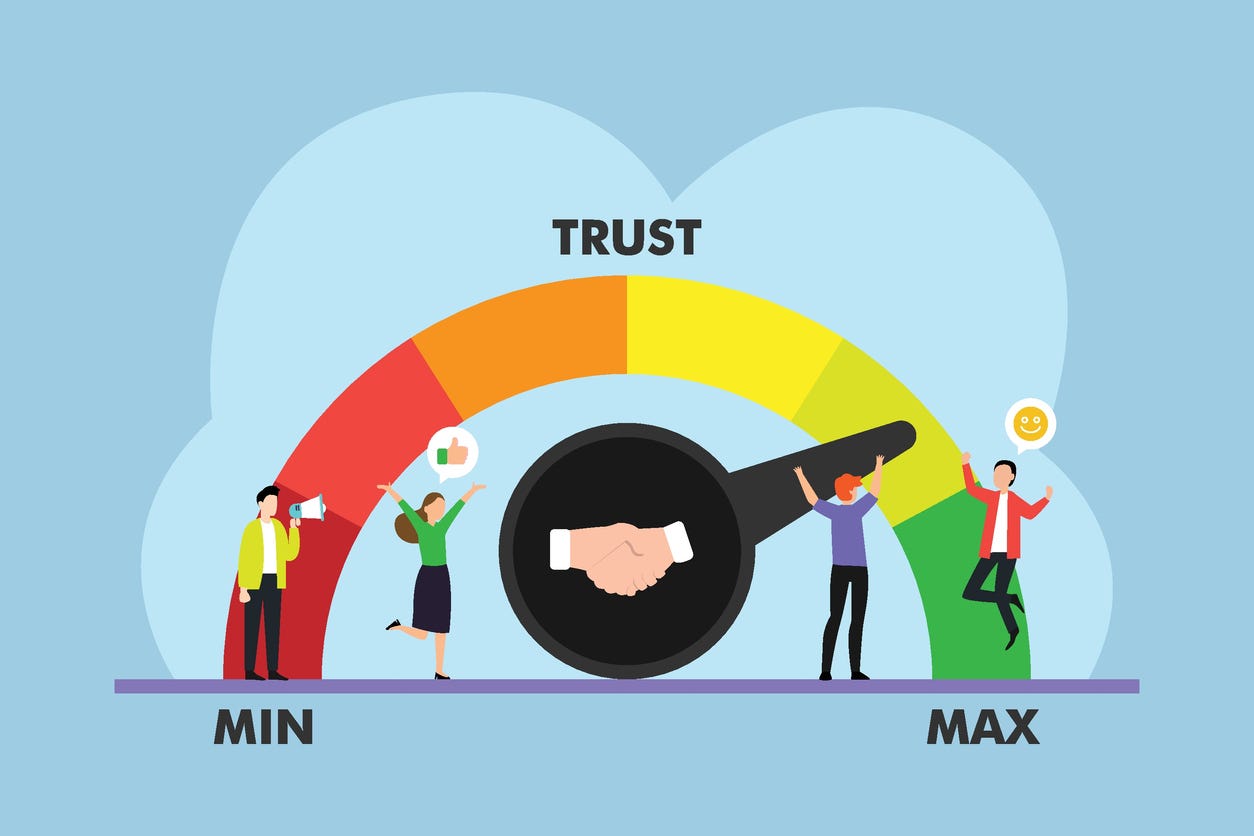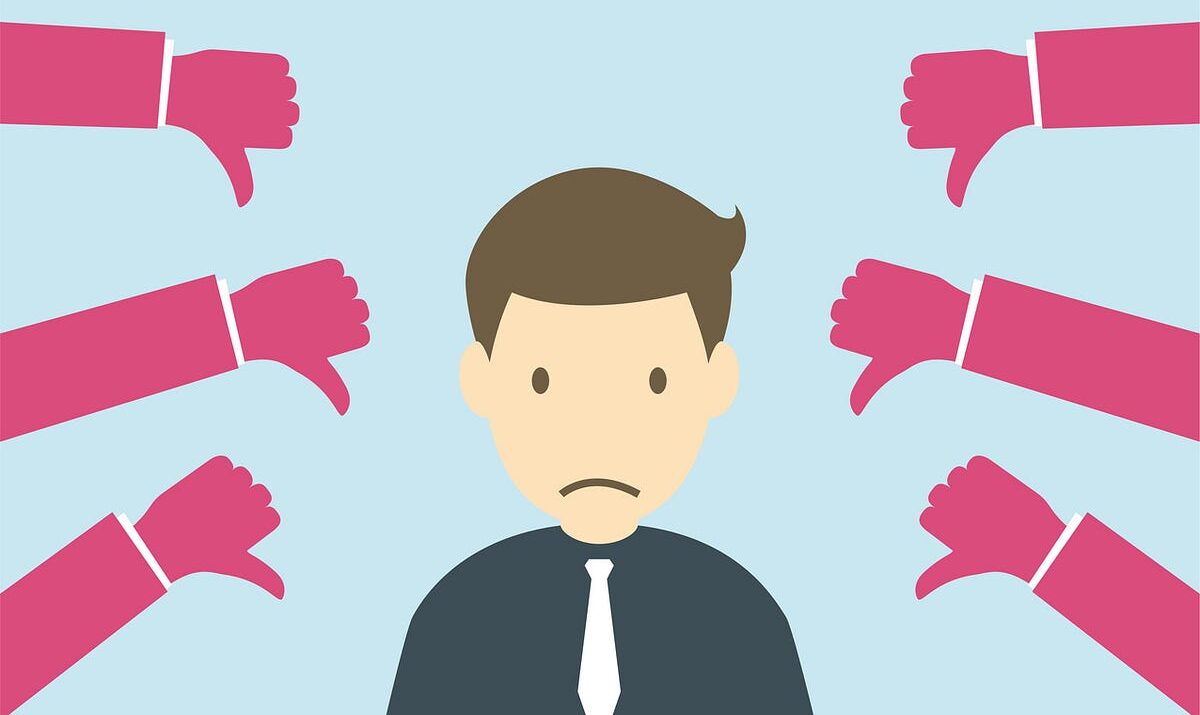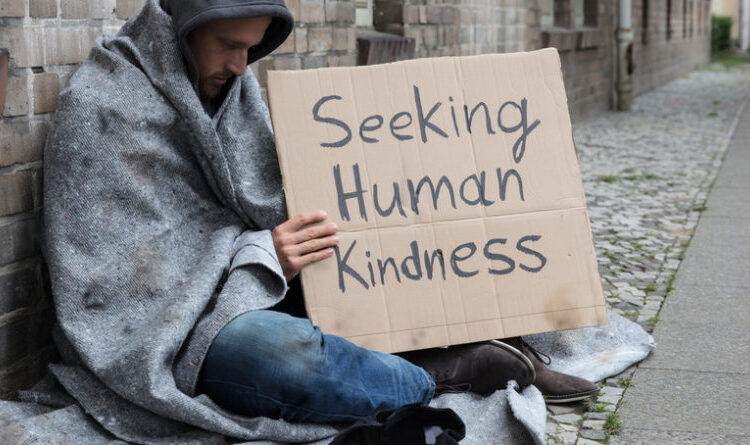[ad_1]
Have you ever found yourself in a situation where you just can’t seem to understand why someone else doesn’t get what you’re trying to communicate? It can be frustrating and can lead to misunderstandings and conflict. In this article, we will explore the science behind why some people just don’t understand others. We’ll look at factors such as emotional intelligence, cognitive biases, and communication styles to gain a better understanding of this common human experience.
Why do some people struggle to understand others?
Have you ever met someone who seems to lack empathy and struggles to understand the perspectives of others? It turns out that the ability to understand and connect with others is closely linked to emotional intelligence. Emotional intelligence refers to the ability to recognize and manage one’s own emotions as well as the emotions of others. Individuals with low emotional intelligence may struggle to empathize with others and understand their point of view. This can lead to misunderstandings and conflict in relationships and social interactions.
Additionally, cognitive biases can play a role in why some people struggle to understand others. Cognitive biases are systematic patterns of deviation from rationality in judgment. These biases can cause individuals to interpret information in a way that aligns with their existing beliefs and assumptions, making it difficult for them to see things from another person’s perspective. For example, confirmation bias leads individuals to seek out information that confirms their preconceived notions while ignoring evidence that contradicts their beliefs.

How do communication styles impact understanding?
Communication styles can also impact how well individuals understand each other. Some people may be more direct and assertive in their communication, while others may be more passive and indirect. These different styles can lead to misunderstandings, as individuals may interpret the same message in different ways based on their communication preferences. For example, a direct communicator may perceive a passive communicator as evasive, while the passive communicator may feel overwhelmed by the direct communicator’s assertiveness.
In addition, cultural differences can also influence communication styles and understanding. Different cultures have varying norms and expectations regarding communication, which can lead to misunderstandings when individuals from different cultural backgrounds interact. For example, in some cultures, direct and explicit communication is valued, while in others, indirect and implicit communication is the norm. These differences can lead to confusion and misinterpretation in cross-cultural interactions.
Can individuals improve their understanding of others?
While some people may naturally struggle to understand others, some strategies can help improve empathy and communication skills. Developing emotional intelligence is key to improving understanding of others. This can be done through practicing active listening, seeking to understand others’ perspectives, and managing one’s own emotions effectively. By increasing awareness of one’s own emotions and those of others, individuals can improve their ability to empathize with and connect with others.
Additionally, learning about different communication styles and cultural norms can help individuals bridge the gap in understanding. By gaining awareness of how different people prefer to communicate, individuals can adapt their communication style to better connect with others. This can involve being more conscious of nonverbal cues, adapting speech patterns, and being mindful of the cultural context in which communication takes place.
Conclusion
Understanding why some people struggle to understand others involves considering factors such as emotional intelligence, cognitive biases, and communication styles. By recognizing and addressing these factors, individuals can improve their ability to empathize and connect with others. Developing emotional intelligence, learning about different communication styles, and being mindful of cultural differences are key strategies for improving understanding and reducing conflict in relationships and social interactions.

FAQs
1. Can cognitive biases be overcome?
While cognitive biases are deeply ingrained in human cognition, individuals can work to overcome them by increasing self-awareness and actively seeking out diverse perspectives. By challenging their own assumptions and being open to new information, individuals can reduce the impact of cognitive biases on their understanding of others.
2. How can cultural differences be navigated in communication?
Understanding and respecting cultural differences in communication involves learning about the norms and expectations of different cultures, as well as being open-minded and flexible in adapting one’s communication style. It also requires active listening and seeking clarification when there are potential misunderstandings due to cultural differences.
3. Is emotional intelligence fixed, or can it be developed?
While some individuals may naturally have higher emotional intelligence, it is a skill that can be developed and improved over time. Practicing empathy, active listening, and emotional regulation can help individuals enhance their emotional intelligence and their understanding of others.
4. Can communication styles change over time?
Communication styles can evolve based on personal experiences, cultural influences, and learning. By being open to feedback and actively working on improving communication skills, individuals can adapt their communication styles to better connect with others.
5. How can I improve my understanding of others in my personal life and at work?
Improving understanding of others in personal and professional relationships involves actively practicing empathy, seeking to understand other’s perspectives, and being open to feedback. By developing emotional intelligence, learning about different communication styles, and being mindful of cultural differences, individuals can foster better relationships and reduce conflict in their interactions.
[ad_2]







